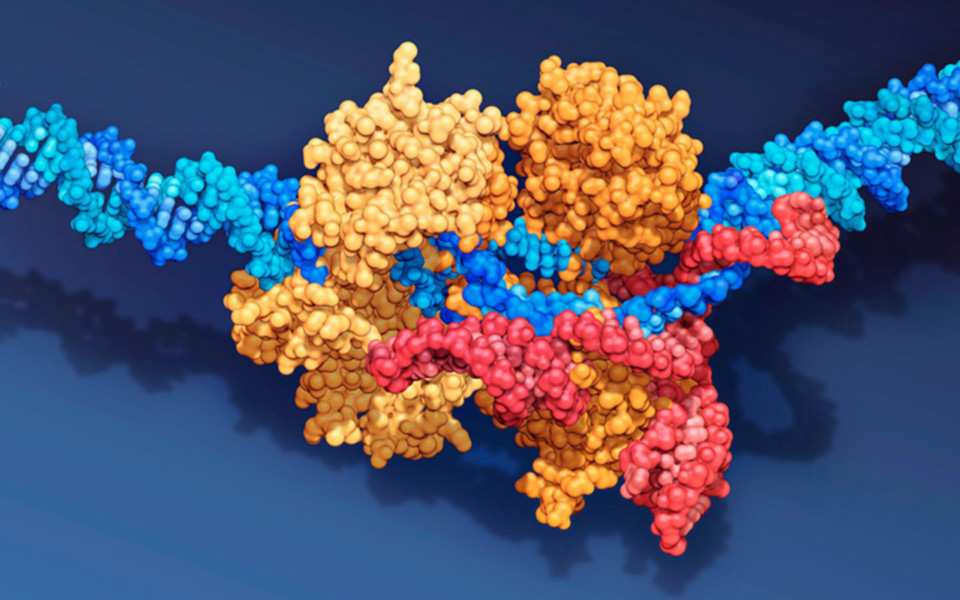Patent office renews dispute over patent rights to CRISPR-Cas9
The Patent Trial and Appeal Board (PTAB) of the U.S. Patent and Trademark Office (USPTO) has declared an interference between 10 University of California patent applications and multiple previously issued Broad Institute patents.
The action jeopardizes 13 of the Broad’s 15 CRISPR-Cas9 U.S. patents and one patent application, and signals that the USPTO will take up the issue of who first invented CRISPR-Cas9 genome editing in eukaryotic cells, that is, plant and animal cells.
The CRISPR-Cas9 DNA-targeting technology was invented by Jennifer Doudna and Martin Jinek at the University of California, Berkeley; Emmanuelle Charpentier, then of Umea University in Sweden; and Krzystof Chylinski at the University of Vienna.
“The initiation of this interference proceeding highlights that previous decisions involving the Broad did not determine who was the first to invent this technology, and it lays out a pathway for resolving this important issue,” said Eldora L. Ellison, Ph.D., lead patent strategist on CRISPR matters for UC and a director at Sterne, Kessler, Goldstein & Fox.


